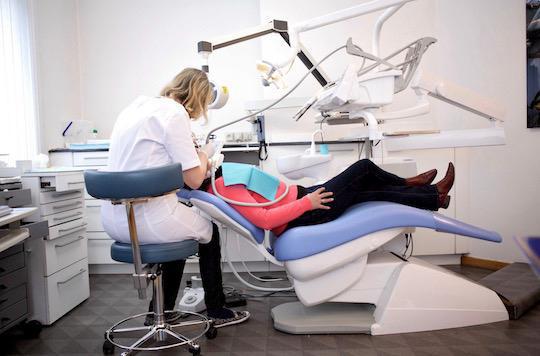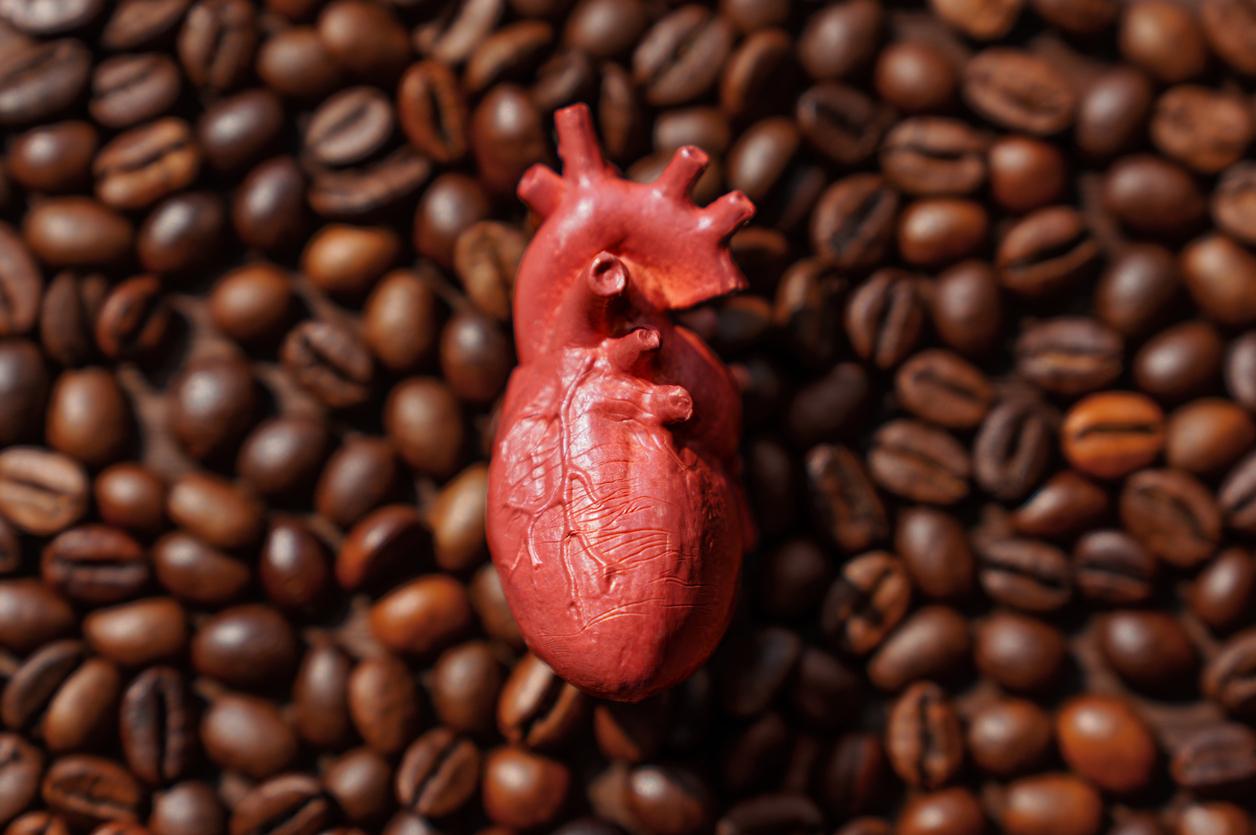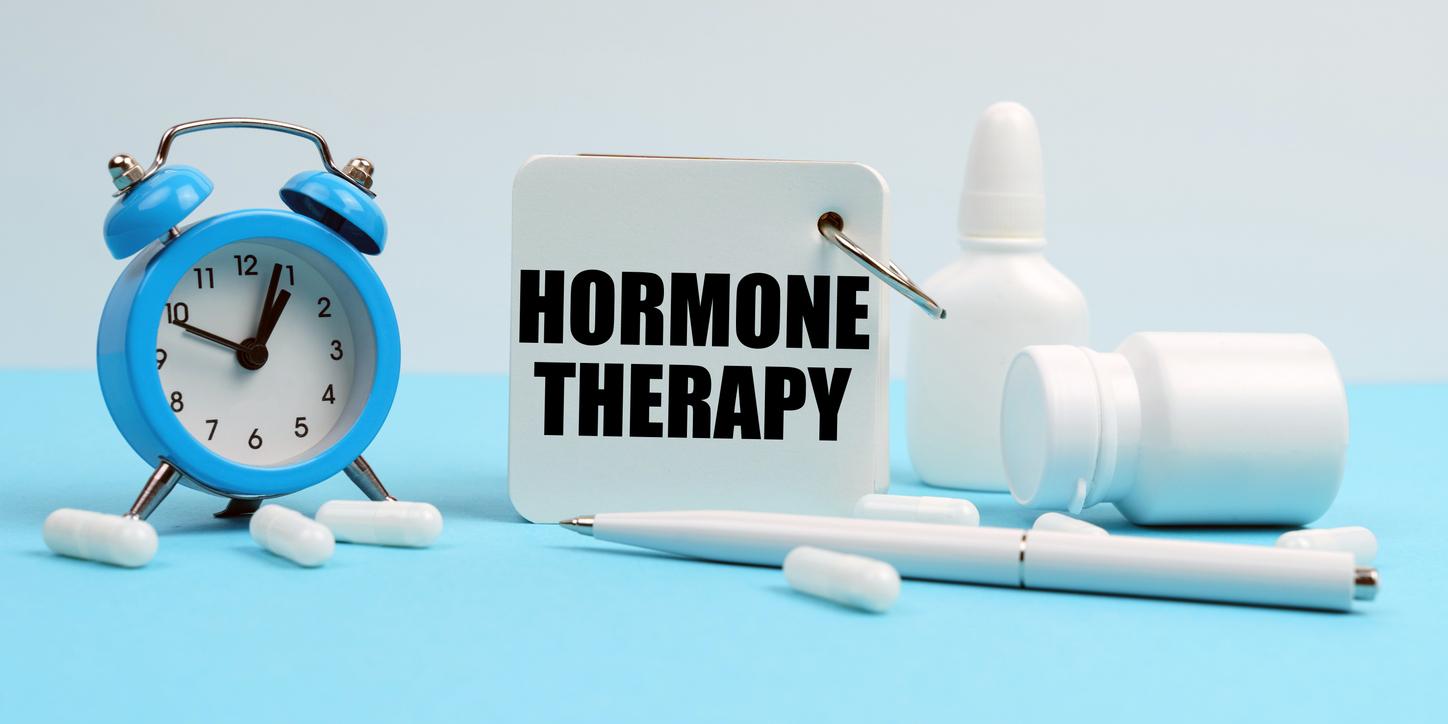On the occasion of World Heart Day, dentists recall the link between oral health and heart health. Especially on endocarditis, fatal.

The World Heart Day, organized each year on September 29, aims to raise awareness among the general public of the risk factors associated with cardiovascular disease (poor diet, lack of physical activity, smoking and harmful use of alcohol) and thus promote their prevention.
These diseases, linked to a malfunction of the heart or the blood vessels that supply it, caused 17.3 million deaths in 2013, or 30% of total global mortality, according to the World Health Organization ( WHO). Among the most frequent are, among others, coronary artery disease, cardiac arrhythmias, or even cerebrovascular disease. And this year, the event will be themed: “Healthy environments for our hearts”.
On this subject, the dental surgeons of the UFSBD (1) alert this Thursday on the proven interaction between oral health and heart health. In a press release, they remind us that “untreated cavities as well as diseased gums are real entry points for bacteria or toxins. The bacteria present in the mouth can migrate into the bloodstream and graft themselves onto your heart with a risk of endocarditis ”, they specify.
Patient questions
Endocarditis is an inflammation of the lining that lines the heart and heart valves. This infectious disease can be fatal. Diseases of the mouth are also the leading causes of infectious endocarditis, underlines the UFSBD.
Faced with this, she gives some advice through her patient files. For example: “I have heart disease and therefore take a lot of medication, are my teeth more fragile? The USBD responds: “No, not more than before but I have to keep or improve the good habits for my diet and my oral hygiene by using a soft toothbrush, dental floss and fluoride toothpaste”.
Another question from patients: “Should I take antibiotics before my dental treatment?” “Union response:” Taking antibiotics before dental treatment is not systematic. Your dentist will decide to prescribe you antibiotics according to your heart disease and according to the care he plans to perform ”. Finally, these dentists also provide answers about dthe questions relating to bleeding gums and whether or not anticoagulant treatments are continued.
But to raise awareness of these dangers, the UFSBD concludes with a reminder on the results of one of his recent surveys. She concluded that infectious endocarditis (IE) was a rare disease (3 to 10 cases per 100,000 people per year), but serious. With a high mortality rate, 20% at the initial hospital phase and 40% at 5 years.
(1) The French Union for Oral Health (UFSBD) represents the 38,000 dental surgeons who act daily for the oral health of all French people, in their practice
.















